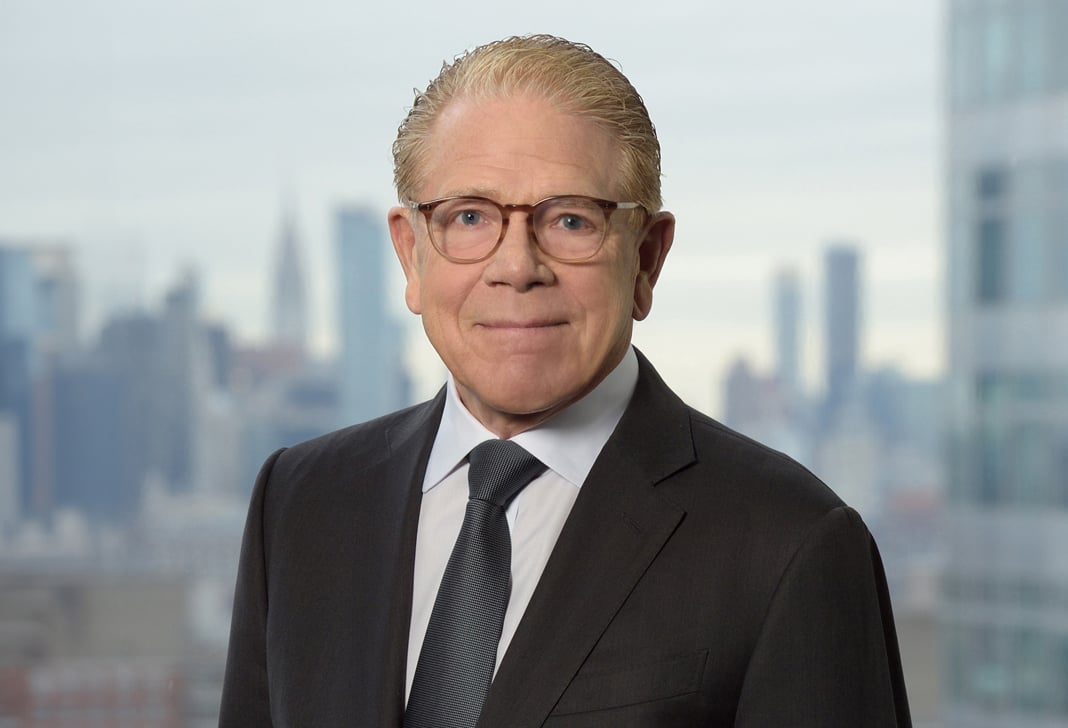The Most Recent Reminder that Delaware Courts Continue to Focus on Conflicts of Interest
Reflecting the scrutiny with which Delaware courts have been examining potential conflicts of interest in the wake of the Financial Crisis, a recent decision issued by the Court of Chancery serves as an important reminder to directors and management alike: process continues to be of paramount importance in Delaware. With a deal offering shareholders a significant premium and no other bid on the table, Chancellor Leo E. Strine, Jr. "reluctantly" refused to enjoin the $21 billion sale of El Paso Corporation to Kinder Morgan, Inc., despite what Chancellor Strine found to be "disturbing behavior" that may have tainted the negotiation process. In re El Paso Corp. S'holder Litig., C.A. No. 6949-CS (Del. Ch. Feb. 29, 2012).
Background
El Paso is an energy company composed of two primary business segments: a pipeline business and an exploration and production ("E&P") business. Shortly after El Paso announced that it would spin off its E&P business, Kinder Morgan made an offer for both businesses. In doing so, Kinder Morgan hoped to preempt competition from other bidders for the pipeline business after the spin-off was completed, and intended to sell the E&P business before the merger closed to finance its purchase of the pipeline business. After Kinder Morgan's offer was rejected, it threatened to go hostile.
Rather than forcing Kinder Morgan to go public with its offer, the El Paso board decided to negotiate with Kinder Morgan. El Paso's chief executive officer, Douglas Foshee, was solely responsible for negotiations. Foshee and Kinder Morgan reached an agreement in principle for $27.55 per share in cash and stock. Soon thereafter, as a result of what Chancellor Strine described as Foshee's "velvet glove" negotiating strategy, Kinder Morgan successfully negotiated a reduced price valued at $26.87 per share, which was still a substantial premium to market. In approving the merger, the El Paso board was advised by its longtime advisor, Goldman Sachs & Co. (which had also been advising El Paso on its spin-off of the E&P business), and Morgan Stanley & Co.
The "Disturbing Behavior" as Evidence of Disloyal Conduct
Chancellor Strine was most critical of Foshee. Foshee, who knew that Kinder Morgan intended to sell the E&P business to finance its purchase of El Paso, apparently contemplated pursuit of a potential management buyout of the E&P business at the same time that he was negotiating the terms of the merger. Foshee never disclosed to the board that he was considering a management buyout. He also never sought permission from the board before approaching Kinder Morgan's CEO, on two separate occasions after the merger agreement was finalized, to attempt to persuade Kinder Morgan to allow El Paso management to bid for the E&P business.
Chancellor Strine observed that "the reality is that Foshee was interested in being a buyer of a key part of El Paso at the same time he was charged with getting the highest possible price as a seller of that same asset." He therefore concluded that Foshee was reasonably likely to be found to have acted disloyally because, when Foshee was duty-bound to seek the maximum price from Kinder Morgan, he had an interest in not doing so.
According to Chancellor Strine, Foshee's concealed motive "compounded" the role Goldman played in the process. Goldman's conflict, which the Court emphasized was "actual and potent, not merely potential," stemmed from, among other things, the facts that Goldman owned 19 percent of Kinder Morgan (a $4 billion investment), and had representation on the Kinder Morgan board, thus owing Kinder Morgan fiduciary duties. Because of Goldman's known conflict, efforts were made to wall off Goldman from giving strategic advice about the Kinder Morgan offer, and Morgan Stanley was brought in to provide unconflicted advice. Goldman continued to advise about the spin-off, which was the only other option the El Paso board was actually considering. According to Chancellor Strine, this meant that Goldman was in a "position to continue to exert influence" over the deal. The court noted "questionable aspects" to Goldman's valuation work, which were "suspicious" in light of Goldman's significant financial interest in Kinder Morgan. That Goldman's lead banker failed to disclose that he personally owned $340,000 of Kinder Morgan stock only heightened those suspicions. Lastly, the court concluded that Goldman tainted the cleansing effect of Morgan Stanley by negotiating with El Paso management a fee arrangement that would result in fees for Morgan Stanley only if the merger with Kinder Morgan were approved (and nothing if El Paso instead completed the spin-off or another transaction).
Chancellor Strine observed that the board could have been more "keen" to Goldman's conflict, but concluded that the board had been given reason to believe that the conflict had been addressed by hiring Morgan Stanley and walling off Goldman. Although the court did not enjoin the deal, primarily because there was no competing bid for El Paso, none of its key players—Foshee and Goldman—emerged unscathed from the court's review. El Paso is the most recent example of the Delaware courts' scrutiny of conflicts of interest.
Conclusion
The criticism of Goldman's relationships seems misguided. The Board was clearly aware of Goldman's interests—that is why a second investment bank was engaged to advise the Board—and there was no showing that Goldman influenced the final outcome. While the allegations about El Paso's CEO seem, on a superficial level, potentially to be of greater significance, Chancellor Strine did not even address the real reason why Kinder Morgan lowered its bid; the price decrease was clearly insignificant and in fact the probability that the CEO (who had a $90 million personal investment in El Paso) could put together his own deal of the E&P assets was very low.
The scrutiny by courts and so-called governance experts of directorate decision-making and the role of investment banks in the transaction context has increased since the Financial Crisis. While process is no doubt important, the question remains whether process is being elevated over substance. Even the plaintiffs effectively conceded through their unusual injunction request that the Kinder Morgan bid was a good deal for El Paso shareholders, and there was no showing that the purported conflicts actually affected the Board's decision-making process.
After-the-fact nitpicking over process in M&A transactions is dangerous. Transactional processes are conducted by real people in real-life situations, not laboratory conditions. The Delaware courts have long held that there are no bright-line process requirements and that a strategic assessment process led by an independent board working in good faith to a positive goal for shareholders is all that can be reasonably expected. Nonetheless, after El Paso, corporate boards should separately focus on potential conflicts, and a careful record of that analysis should be made, as close scrutiny can continue to be expected from the courts of purported conflicts and defects in sale processes.
Lawyer Contacts
For further information, please contact your principal Firm representative or one of the lawyers listed below. General email messages may be sent using our "Contact Us" form, which can be found at www.jonesday.com.




